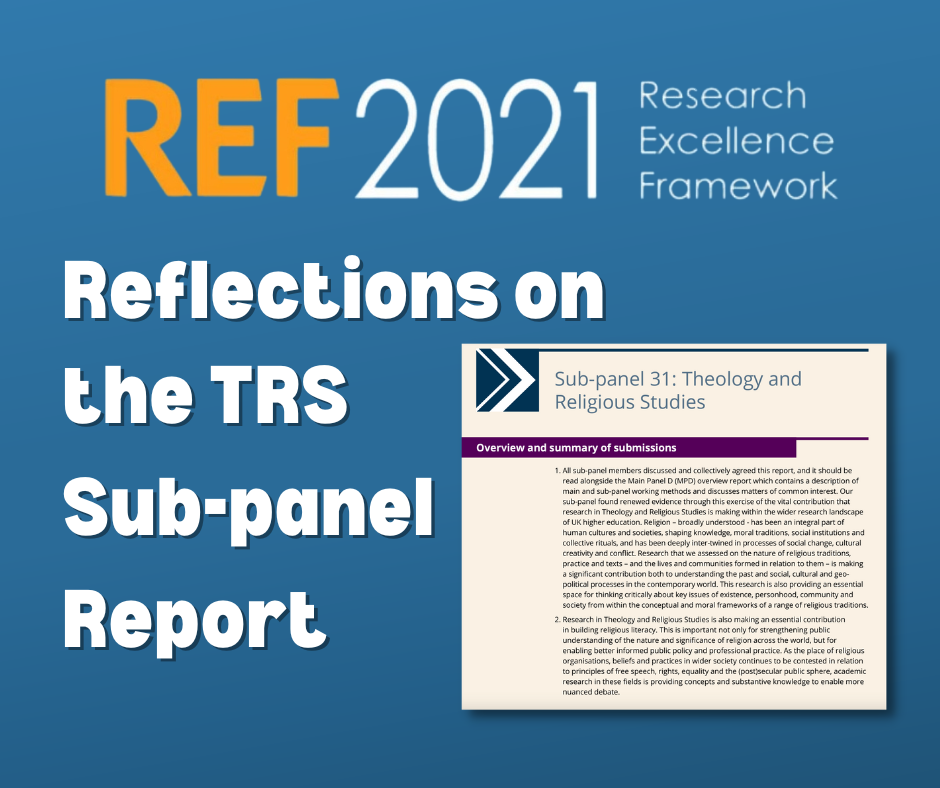The Research Excellence Framework (or REF) is a major aspect of the institutional environment of academia in the UK—a time-consuming process of ranking departmental research that decides how funding is distributed. While controversial, the process tells us a good deal about the health of different subjects, including religious studies. In today’s episode, the chair of the Theology and Religious Studies panel, Gordon Lynch, joins David Robertson to outline the process for those lucky enough not to have experienced it for themselves, and to tell us what it says about the situation for the discipline, and the social sciences and Arts and Humanities more broadly.










